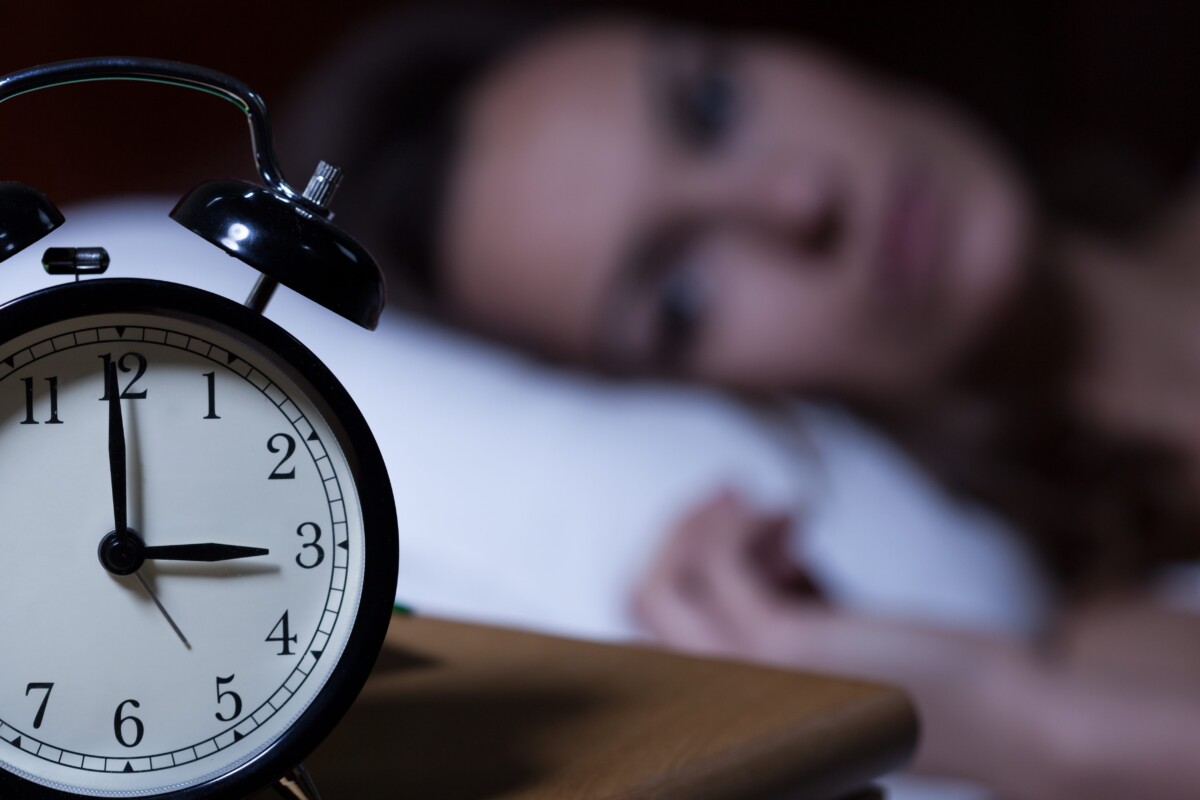Beating Insomnia After Menopause

The transition into menopause involves many changes, including changes in how well we sleep. As menopause approaches, women often begin to have difficulty falling asleep and staying asleep. When they wake up, they often don’t feel well-rested.
Sleeplessness doesn’t just leave us feeling “out of sorts”. It’s also associated with a higher risk for depression, diabetes and high blood pressure.
If you’re having trouble sleeping as you transition into menopause, adopting better sleep habits can help.
- Transition towards falling asleep by avoiding exposure to a TV, computer or digital devices within one hour of bedtime. The light in these devices can disrupt your body’s internal clock.
- Avoid caffeine in the evening. You can still enjoy coffee, tea and chocolate, just enjoy it earlier in the day, when it won’t keep you from falling asleep at night.
- Exercise regularly but don’t exercise in the evening, since this can make it harder to fall asleep.
- Don’t drink a lot of liquids before bedtime. If you wake up during the night it can be harder to go to back to sleep.
- Have a routine time for going to bed and waking up so you can condition your body to regular sleep hours.
- Have a “winding down” routine of quiet time before bedtime. A warm bath, reading or meditating can help you relax and make falling asleep easier.
- As much as possible, avoid sources of stress in the evening. This can include anything that causes you worry or is a source of conflict.
- If hot flashes are keeping you up at night, see Coping with Hot Flashes | Rush Memorial Hospital
If good sleep habits aren’t enough, see your healthcare provider. Getting enough sleep is as vital to health as eating well and staying active. The transition to menopause can be a stressful time. Sleeplessness is one source of stress that your healthcare provider can help manage.
RMH Healthcare Associates: 765-932-7591
